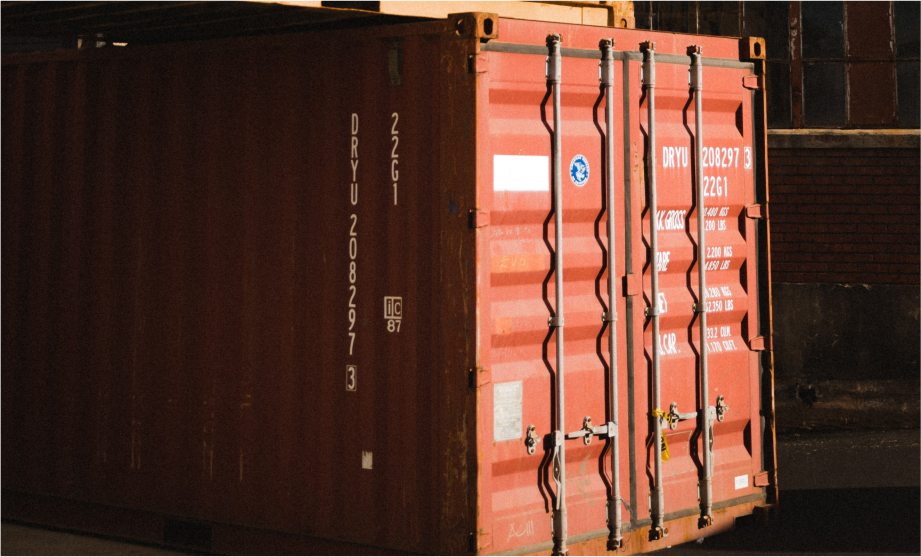In this legal update, we will outline how the practice of including dividends in the customs value of goods has evolved and changed after the adoption, in the end of 2022 by the Russian Supreme Court’s Judicial Chamber on Economic Disputes, of a number of Rulings in relation to certain cases. We will also suggest recommendations for protecting companies’ interests.
Background
Back in 2014, the first case was heard in court on the inclusion of dividends in the customs value of imported goods (case No. А43-34050/2012, ISTCON 3K, LLC). The court then concluded that dividends paid by the importer to its founder, who at the same time is also the supplier of the goods, must be added to the price actually paid (“Price”) for those goods because they constitute part of the importer’s profit exclusively from selling the imported goods.In 2020-2021, case law on the matter took a fresh turn: courts ruled Cases
At that time, the Supreme Court based its ruling on the assumption that dividends, given their legal and economic nature, may be included in the customs value of goods only if the goods were sold on condition of the subsequent payment of such dividends to the seller.
Therefore, the case law on the inclusion of dividends in the customs value of imported goods favoured foreign trade actors.
Supreme Court’s new approach
However, in 2022, the Supreme Court radically changed its approach, having sent for a new trial several casesSee Rulings of the Judicial Panel on Economic Disputes of the Supreme Court of the Russian FederationIn doing so, the Supreme Court pointed out the following circumstances which need to be taken into consideration when resolving the issue on the inclusion of dividends in the customs value of imported goods:
- by virtue of their economic nature dividends per se are not related to the import of goods;
- however, payments that are designated as dividends, but are dividends only prima facie are recognised as being related to imported goods and should be included in the customs value of imported goods by virtue of art. 40(1)(3) of the EurAsEC’s Customs Code unless these payments secure the receipt by the seller of a portion of profit (revenue) due to the seller in connection with the sale of imported goods and perform this function in relations between the parties to a foreign trade contract;
- considering the above, the Supreme Court arrived at the conclusion that where the company founders make a decision to pay part of income (net profit) received in connection with the sale of imported goods that are supplied by the company founder or by the person from the same group with the founder and the company has not produced proof refuting the influence of the parties’ relationship on the value of the goods transaction (including documents and data on the pricing of exports), such dividends may be included in the customs value of imported goods.
Following the issuance of the mentioned Supreme Court’s rulings, the approach of arbitrazh courts to the matter has changed drastically. Now, all judicial acts — including those made in the course of the retrial of the cases mentioned above — have been passed in favour of the customs authoritiesDecision of the Arbitrazh Court for the Bryansk Region of 20 April 2023, Resolution of the Twentieth Arbitrazh Court of Appeals of 17 August 2023 in relation to case
For various reasons courts reject documents submitted by companies in confirmation of there being no influence of the parties’ relationship on the transaction value, including transfer pricing documentation.
Therefore, now the risk has increased for importers that dividends paid in the past three years to a foreign member (shareholder) may be included in the customs value of imported goods as a result of customs controls.
At the same time, it is important to note that in contrast to licence payments, for the time being, there is no statutory procedure for including dividends in the customs value of imported goods.
In connection with the current situation, companies for which this issue is of relevance need to take measures beforehand in order to mitigate the existing risks.
Our recommendations
Taking into account the abovementioned risks whose materialisation results in substantial additional assessments and quite often in the imposition of administrative liability on companies and their employees, we recommend that foreign trade actors who paid dividends in the past three years of their operation take the following action in advance in order to mitigate risks in relation to current supplies and the supplies that took place in the past three years:- conducting a detailed legal analysis to identify potential risks in advance of customs controls and to determine whether dividends were included in the customs value of imported goods on reasonable grounds;
- devising a legal position that would take account of the specifics of the company’s operations and collecting documents to confirm that the fact of the parties being related to one another does not affect the price of the transaction. Special attention should be paid to the preparation of pricing documentation for export where goods are further sold to the Russian Federation, including the following documents:
- export declarations;
- reports of the seller and importer on transfer pricing;
- a calculation of test values according to the computed and deductive method;
- a calculation of the prime cost for the manufacturer / seller of imported goods.
- where the company on its own wishes to include dividends in the customs value of goods, consider potential options, including:
- introducing changes to the data earlier stated in the processed customs declarations in respect of goods for the previous three years;
- applying a deferred customs valuation procedure;
- applying to the Ministry of Finance of the Russian Federation and the Eurasian Economic Commission for clarifications on the procedure for including dividends in the customs value of goods.





